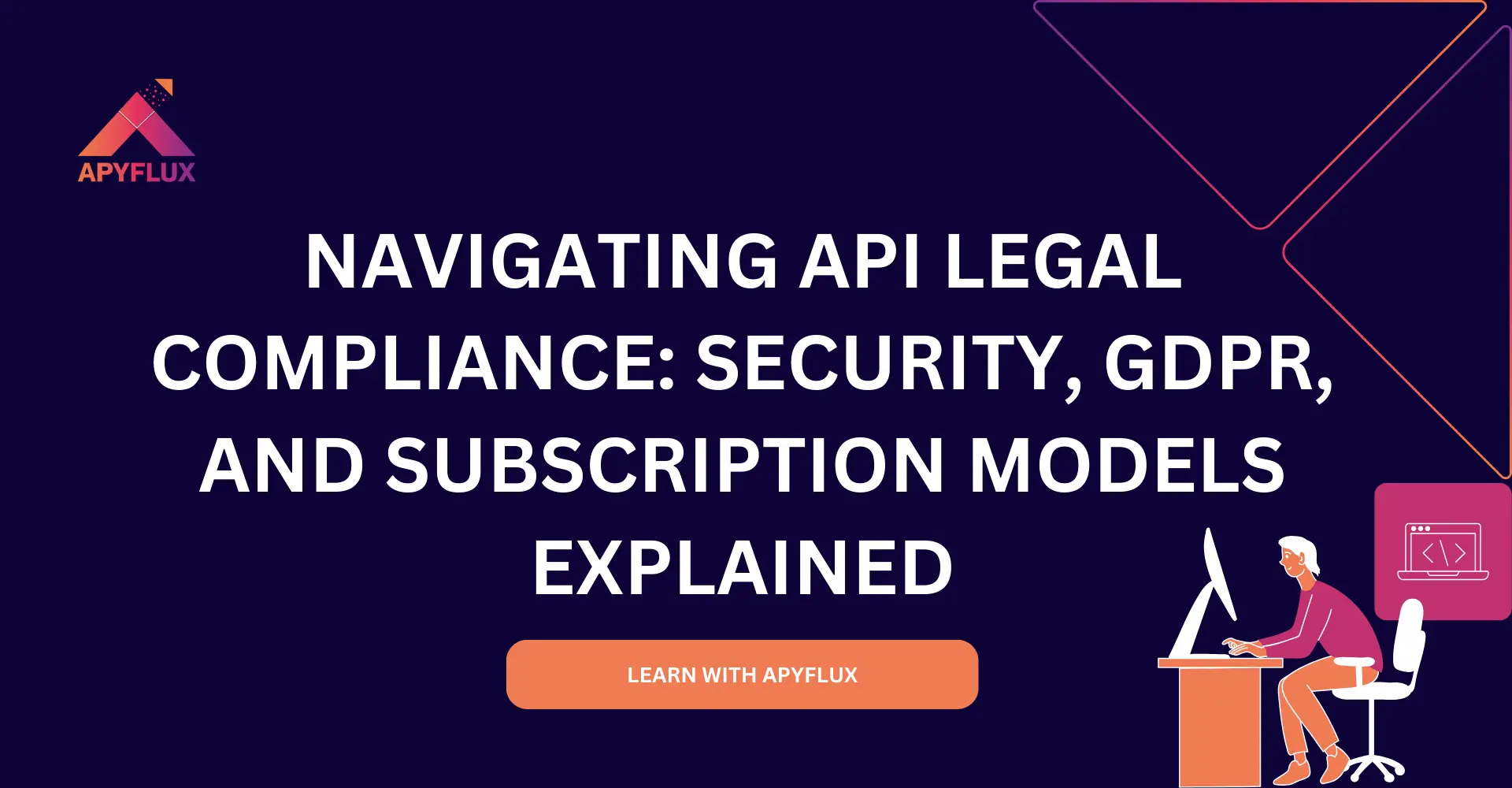
In the fast-evolving landscape of modern business, Application Programming Interfaces (APIs) have emerged as indispensable tools, streamlining operations and fostering innovation. From enabling seamless integrations to powering dynamic API Marketplaces, APIs have become central to digital transformation. However, to harness their full potential, businesses must navigate the intricate legal landscape of API usage, ensuring compliance with policies like GDPR in API and maintaining robust API security frameworks. This guide explores the significance of legal and security considerations, offering actionable insights.
The Terms of Service (ToS) for an API serve as a legally binding agreement between the API provider and its users. These documents outline the rules, rights, and responsibilities associated with API usage.
Key Clauses in API Agreements:
For businesses leveraging APIs in API Marketplaces, these terms are crucial for governing transactions, particularly in the context of API subscription models. For example, the Apyflux API Marketplace emphasizes user compliance to ensure smooth operations and avoid disputes.
Failing to adhere to API-related legal requirements can lead to substantial risks, including financial penalties and reputational damage.
Key Legal Risks:
For instance, integrating non-compliant APIs into your system may result in hefty fines under GDPR regulations.
Ensuring strong API security and compliance safeguards your data, systems, and reputation.
Key Measures:
Platforms like Apyflux enhance security by integrating RBAC into their API access protocols, helping enterprises stay compliant with legal standards.
API subscription models offer businesses a flexible and scalable approach to accessing APIs, often categorized by tiered levels or pay-as-you-go pricing.
Key Legal Considerations:
By aligning subscription models with legal requirements, businesses can build sustainable and legally sound revenue streams.
To mitigate risks and enhance API security and compliance, consider these best practices:
As businesses continue to expand their reliance on APIs, the importance of legal and security diligence cannot be overstated. From understanding the intricacies of API Terms of Service to implementing robust security measures like RBAC, staying informed is key to leveraging the full potential of APIs while safeguarding against risks.
Hi there!
Let's help you find right APIs!